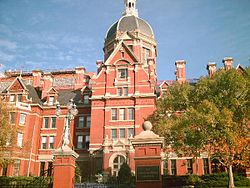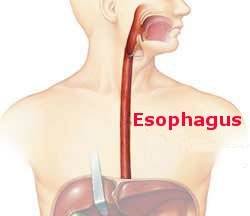Considerations in choosing a surgeon.
Operations for esophageal cancer are performed by general thoracic surgeons like me (so you know my prejudice), surgical oncologists and general surgeons. Who should operate on you? Appropriate considerations will resemble my previous thoughts for lung cancer surgery.
The experience the surgeon had in his or her residency training is important. Although the incidence of esophageal cancer is increasing it is still a relatively uncommon malignancy and thoracic surgery residents in general have more exposure to the cancer and operations for it than residents training in other specialties. Esophageal cancer is one of the two most common diseases, the other being lung cancer, that thoracic trainees spend their time learning about.
Another consideration is the type of operation that the surgeon performs. General thoracic surgeons have learned that combining preoperative therapy including chemotherapy, with or without radiation therapy, with an esophagectomy that removes lymph nodes adjacent to the esophagus and upper stomach is the approach most likely to cure cancer. General surgeons and surgical oncologists are more likely to perform a transhiatal esophagectomy in which the esophagus is stripped out by hand. This operation once was popular as it was shown to reduce the operative mortality of an esophagectomy. However, experience in recent years with both open and minimally invasive operations has resulted in such reduction in mortality and morbidity that there is no reason to lose the benefit of the more aggressive surgical technique.
These thoughts are broad strokes. Any individual surgeon, no matter what their specialty, may have experience and excellent results. Any one needing an esophagectomy should inquire into the surgeon’s experience and results and use that information in choosing their surgeon.




